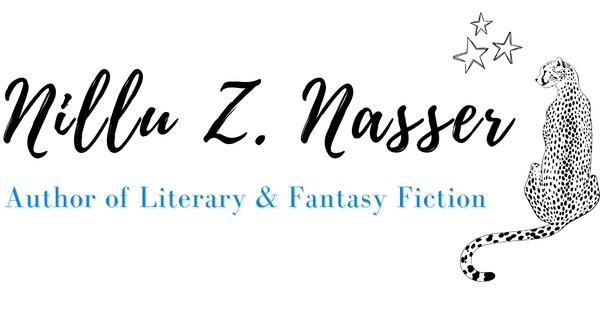 Photo by David Werner
Photo by David Werner
Some of the oldest stories that exist centre around curiosity, and what happens when our thirst for knowledge is indulged. Take the story of Eve taking fruit from the tree of knowledge in the Garden of Eden. Or Pandora unable to resist opening her box and allowing the world’s evils to escape. Or fairytales such as Red Riding Hood, in which Red asks questions of the Big Bad Wolf as he pretends to be her grandmother. Or Bluebeard’s young wife, unable to resist the forbidden room in the castle, which hides the secrets of her husband’s dark past. Seers, too, are prominent in literature throughout history, from the classics to science fiction, representing our awe of those who possess foresight.
We are self-conscious beings who naturally ask questions. Our curiosity is one of the ways we show we are alive. An inanimate object shows no interest in its surroundings. From birth on, we explore and seek to understand. Take a child, who learns by smell and sound who its mother is before it can really discern shape and colour. Or the toddler who is constantly asking ‘why’. Or the young boy, who checks under his bed for monsters. Our imaginations and curiosity are entwined. As adults our curiosity is reflected in our behaviour, from twitching curtains and gossip, to wondering where the blue sirens are headed, our tell-tale browsing histories, reading tastes and our pursuit of further learning, scientific study and even space exploration.

Photo by Gianni Dominici
Still, in the age of information, when we no longer need to visit libraries or travel great distances to satisfy our thirst for knowledge, when data is available in our living rooms at the click of a button, is curiosity always a good thing? Does our curiosity in fact stem from a need to resolve uncertainty? How often have you, like me, skipped ahead to read the plot your favourite series before the next episode is broadcast? Or binge-watched a programme all night because you cannot tear yourself away, though you know that the next instalment will just leave you with more questions?
Sometimes curiosity spins us in circles, rather than allowing natural events to take their course. I’ve always avoided Ouija boards and palm readers, which I’ll forever associate with jangling bangles, elaborate dress and fringed tents. Tarot cards can be so wonderfully drawn they beg to be collected, but even they seem too close to accessing the unknown. No good can come of knowing our futures; they need their own time to unfold. Even so, how often have you googled or asked Siri a question that can’t possibly be answered? Change is troubling, and we convince ourselves that knowledge brings stability. It’s a very human reaction to uncertainty.
But the world is never still. We can never know all the variables, all the outcomes, the entirety of what hides behind the curtain. History and memories differ based on who is recalling them. We order our thoughts into wholes that seem truer than truth, but are in fact as fluid as water. We align ourselves to tribes of thought, when there is no black and white. But it’s the questioning that really matters. When we arrive at an answer, it becomes final, boxed, and we cease to learn.

Photo by Property#1
Is truth itself an illusion? In Flaubert’s The Temptation of St. Anthony, a book the author worked on for thirty years, the devil says to St. Anthony: “By the very fact I get to know them, things cease to exist. Shape is an error of your senses, substance is a fancy of your thoughts. Since the world is in a constant flow of things, appearance […] is the truest of truths and illusion the only reality.”
That’s why for me, poetry, music and art are purer forms of expression than prose. They are by their very nature more abstract. You can feel them without the restrictions of language and its need to frame and be precise. And the best stories? They are the ones that are written seeking answers, propelled by a need to understand, not to lecture. While we question we are alive.
